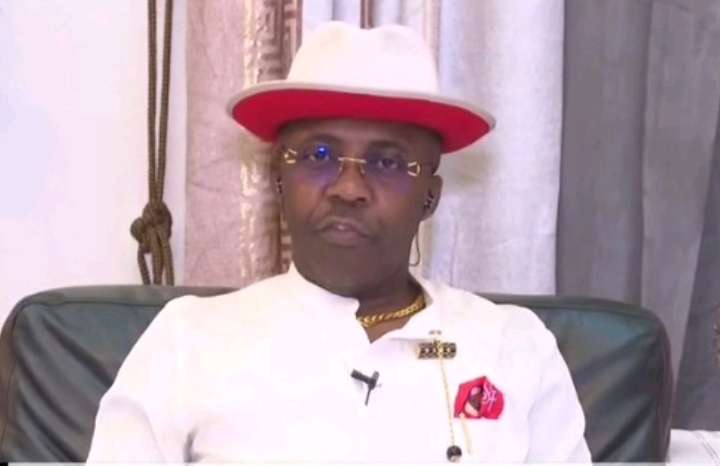In a thought-provoking interview with Arise News from 7:10, Ambassador Marvin Yobana, a former African representative at the World Assembly of Youths, passionately addressed the prolonged delay of Rivers State’s federal allocation. The matter, which has been entangled in legal proceedings, remains unresolved as the Supreme Court insists on the state adhering to due process before funds can be disbursed.
Ambassador Yobana did not mince words, stating emphatically, “Nobody can sit in Abuja to deny us our fair share of the federal allocation.” His statement underscores the frustration felt by Rivers State citizens and leaders over the stalling of resources vital for the state’s development.
He emphasized the critical role Rivers State plays in Nigeria’s economy. As one of the leading contributors to the nation’s revenue—second only to Lagos and the Federal Capital Territory—Rivers State has demonstrated its economic significance. Despite this, the state has been forced to undertake numerous developmental projects without receiving its rightful share of federal funds.
Ambassador Yobana highlighted the irony of a state so pivotal to Nigeria’s economic engine being subjected to bureaucratic delays. “Rivers State cannot be sidelined while it continues to shoulder significant responsibilities for the country. This is not just an issue of allocation; it’s about equity, justice, and recognition of the state’s contributions,” he argued.
The ambassador’s sentiments resonate with many stakeholders who feel the federal system must treat all states fairly. Rivers State’s oil-rich status and contributions to national development have made it a cornerstone of Nigeria’s economic landscape. However, the lingering court cases over its allocation fund threaten to undermine its progress.
As the legal battle continues, Yobana’s stance has reignited conversations about resource control and state-federal relations in Nigeria. His assertive remarks serve as a call to action for leaders and citizens alike to demand accountability and ensure that Rivers State receives its due share. For many, this is not just about finances but also about preserving the dignity and autonomy of one of Nigeria’s most resourceful states.

